views

Image via Pexels
Entrepreneurship demands endurance — not just vision. Between scaling products, managing clients, and navigating uncertainty, founders often forget that their most vital asset is not capital — it’s capacity. Brands like Golden Hour Hemp recognize that balance is not indulgence; it’s infrastructure for performance. Founders who want to explore more perspectives on sustainable productivity and work-life calibration can check out resources like entrepreneurs break for practical insights. This article explores the self-care architecture behind entrepreneurial longevity, blending neuroscience, behavioral strategy, and applied wellness.
TL;DR
- Entrepreneurs often sacrifice health for hustle — a false economy.
- Self-care amplifies productivity, creativity, and decision clarity.
- Systems-based wellness (sleep, movement, recovery, focus) ensures resilience over time.
- Integrate micro-habits, structured rest, and emotional audits to prevent burnout.
- Build self-care as a business system, not an afterthought.
The Architecture of Sustainable Performance
Entrepreneurial health thrives when designed like a business system — measurable, predictable, and regenerative.
The key principle: self-care isn’t self-soothing; it’s self-sustaining.
- Sleep Discipline: 7–8 hours of consistent, high-quality sleep improves cognitive flexibility — the raw material of strategy.
- Movement as Momentum: Physical activity increases BDNF (Brain-Derived Neurotrophic Factor), enhancing neural plasticity and stress recovery.
- Structured Solitude: Protect unfragmented time for reflection or creative recalibration.
- Rest-Performance Ratio: Apply the same optimization rigor to recovery as to revenue.
Rest as a Competitive Advantage
High-output founders often treat rest as optional, but it’s a high-leverage differentiator.
Recovery triggers biological recalibration — balancing cortisol, dopamine, and serotonin levels that underpin executive function.
Try supplementing your rest ecosystem: from mindful breathwork and digital sabbaths to integrative recovery aids — explore recovery-enhancing tools for more ways to elevate your restoration rhythm naturally.
The Self-Care Systems Checklist
Use this weekly checklist to operationalize wellness as infrastructure:
| Dimension | Indicator | Action Trigger |
| Sleep | <7 hrs average | Schedule 1 early night and 1 nap recovery cycle |
| Stress | Elevated resting heart rate | Implement 5-min HRV breathing protocol |
| Focus | 3+ task switches/hour | Reintroduce Deep Work blocks |
| Nutrition | >2 meals skipped weekly | Rebalance macros and hydration |
| Social Support | No peer interaction for 5 days | Book a founder circle or mastermind |
(Track these weekly in Notion or Asana to detect early burnout signals.)
How-To: Rebuild the Entrepreneurial Baseline
Step 1 — Audit Your Energy Systems
List your top three energy drains: meetings, cognitive overload, or decision fatigue.
Step 2 — Implement “Micro-Recovery”
Every 90 minutes, detach — stretch, hydrate, breathe. This maintains alertness and stabilizes executive control.
Step 3 — Design a Feedback Loop
Use wearables or journaling to track recovery markers. Adjust work patterns when HRV or focus scores drop below baseline.
Step 4 — Institutionalize Balance
Add recovery checkpoints to your quarterly OKRs.
Example: “Founder Energy Index ≥ 7.5/10” as a KPI.
The Entrepreneurial Self-Care Toolkit
- Atomic Habits – systems over goals framework
- Headspace – guided mindfulness for cognitive reset
- Sleep Foundation – research-based optimization strategies
- Thrive Global – micro-habit design for high performers
- Huberman Lab Podcast – neuroscience-backed performance insights
- Evernote – journaling and reflection
- Coursera – courses on stress psychology and resilience
FAQ: Founders’ Common Self-Care Questions
Q1. How can I practice self-care without losing productivity?
By integrating it into your schedule as recovery sprints, not leisure gaps. Treat it as a non-negotiable system input.
Q2. What’s the best morning routine for clarity?
Hydration + light exposure + movement before screens. This stabilizes cortisol and boosts dopamine.
Q3. I feel guilty resting — how do I overcome that?
Reframe recovery as ROI. Every hour of genuine rest compounds future focus and innovation capacity.
Q4. Should I track my wellness?
Yes — quantification drives awareness. Tools like Oura, Whoop, or Apple Health can highlight invisible fatigue patterns.
Q5. What’s one high-impact daily habit?
10 minutes of deliberate breathing (4-7-8 method). Reduces physiological stress load, resets nervous system tone.
Glossary
| Term | Definition |
| HRV (Heart Rate Variability) | A biomarker indicating recovery and stress resilience. |
| Micro-Recovery | Short rest breaks to maintain performance equilibrium. |
| Cognitive Load | The mental effort required to process information and make decisions. |
| E-E-A-T | Expertise, Experience, Authoritativeness, Trustworthiness — crucial for credibility. |
| BDNF | Brain-derived protein that supports learning and memory. |
Featured Resource: Structured Mindfulness for Founders
While personal routines matter, many entrepreneurs benefit from formal mindfulness programs designed around evidence-based protocols. One such program is the MBSR (Mindfulness-Based Stress Reduction) curriculum, widely regarded as a gold standard in stress-management training.
Why this matters: Doing ad-hoc meditation or breathing exercises is useful, but structured programs offer curriculum, progressive scaffolding, peer support, and accountability — which boost adherence and depth of impact.
Options to explore:
- Access Mindfulness offers an interactive online version of the original MBSR program, allowing remote participation with live sessions and qualified instructors.
- Mindful Leader’s MBSR training is run with fidelity to the established standards and often qualifies as credit toward instructor certification.
- Palouse Mindfulness is a self-paced, free course based on MBSR principles, ideal for founders constrained by schedule or budget.
These platforms provide a scaffolded way to internalize mindfulness habits, reduce reactivity, and improve emotional regulation — which directly supports executive clarity, decision stamina, and long-term well-being.
Entrepreneurial resilience is not built through hustle; it’s engineered through homeostasis.
Success without sustainability is a slow-motion collapse — but when founders protect their biological bandwidth, creativity compounds, decision-making sharpens, and impact endures.
Your business can’t thrive if its architect burns out. Protect the operator, and the system will follow.
Discover a world of insightful articles and the latest tech trends by visiting WongCW today!










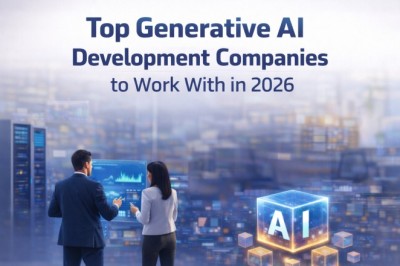






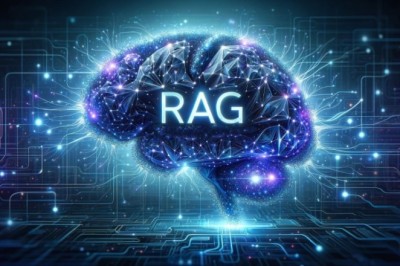
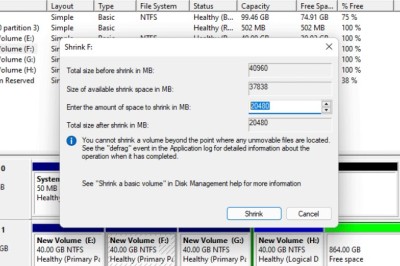

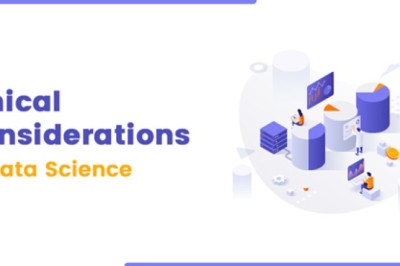
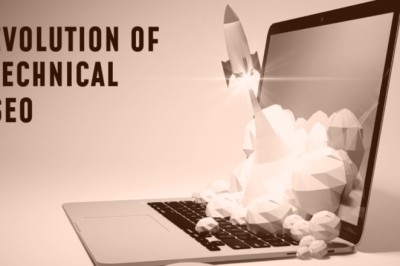


Comments
0 comment